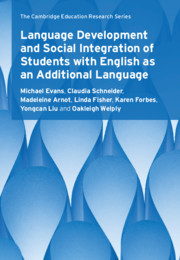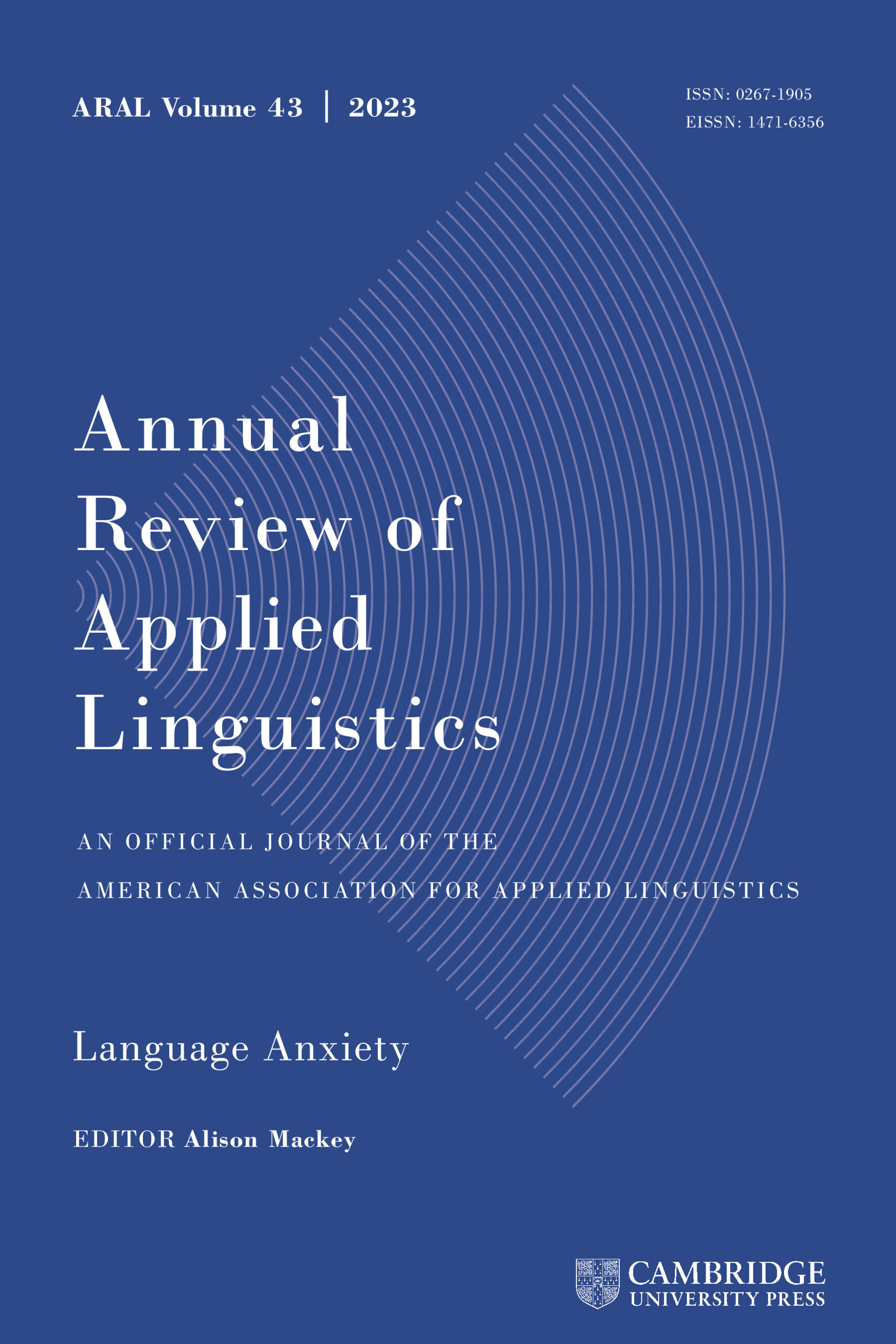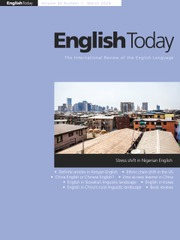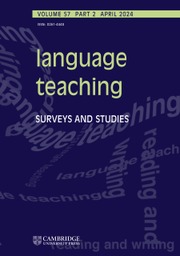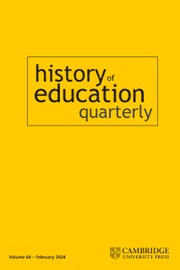Language Development and Social Integration of Students with English as an Additional Language
Given the current context of the experience of migration on schools in England and Europe, and the competing policies and approaches to social integration in schools, there is a need to understand the connection between language development and social integration as a basis for promoting appropriate policies and practices. This volume explores the complex relationship between language, education and the social integration of newcomer migrant children in England, through an in-depth analysis of case studies from schools in the East of England. The authors set this evidence against the background of policy debates in the wider international setting, including a critical discussion of assumptions underlying national narratives of mainstreaming and assimilation. In the light of an absence of national guidelines for appropriate practice in schools, the authors outline a model of inclusive pedagogy for English as an additional language (EAL) and a framework of home-school communication to promote effective EAL parental engagement in schools.
- Gives a clear review of how social integration has been defined in the context of migration and education
- Outlines a socially inclusive approach to the education of newcomer English as an additional language (EAL) students
- Provides case studies of four secondary schools, with analyses of a range of data including interviews with EAL parents, students and teachers
Reviews & endorsements
'Just when it feels like countless nations are turning their backs on new immigrants and established immigrant communities looking to further integrate with their host communities, Michael Evans and his colleagues show us why now, especially, educators need well-researched, proven policies and strategies to support the socio-educational development of immigrant-background students. Evans and colleagues have compiled their multi-year, multi-site research in ways that address the personal, educational, and, ultimately critical societal implications of the reciprocal nature of language development and social integration as an additive bicultural strategy. The empirical research at the heart of this book, while conducted in the East of England, will have far reaching effects. The book is a marvel at providing the reader with a comprehensive view that uniquely marries powerful student perspectives with concrete examples of pedagogy, and concludes with crucial ideas for educators to engage immigrant parents as partners not simply as participants in their children's UK school experiences.' Alison Bailey, Professor of Education, University of California, Los Angeles
'A thorough, holistic analysis of the challenges and opportunities which arise in working with children of immigrant families in schools. It grounds their voices in a rich tapestry of international research, theory and practice. A powerful resource for those concerned about inclusive practices in our schools.' Dympna Devine, Professor of Education, University College Dublin
Product details
July 2020Adobe eBook Reader
9781316998496
0 pages
2 b/w illus. 16 tables
This ISBN is for an eBook version which is distributed on our behalf by a third party.
Table of Contents
- 1. Introduction
- 2. Education and social integration for EAL students: narratives and debates
- 3. The international, national and regional policy context of social integration in schools
- 4. The methodology of researching EAL
- 5. Progression in language, learning and social integration
- 6. Towards an inclusive pedagogy for EAL in the multilingual classroom: principles and practices
- 7. Rethinking home-school communication for parents of migrant children
- 8. Conclusion.

